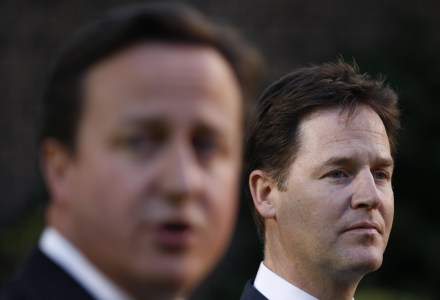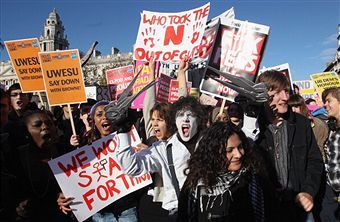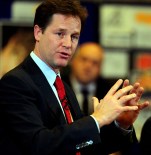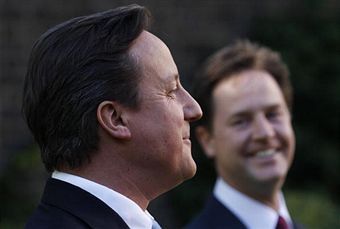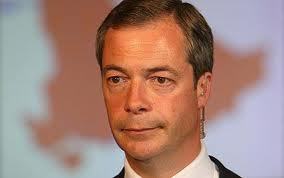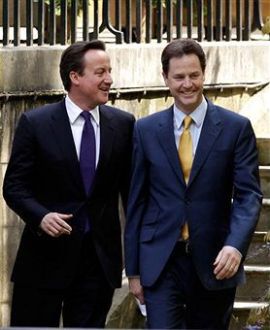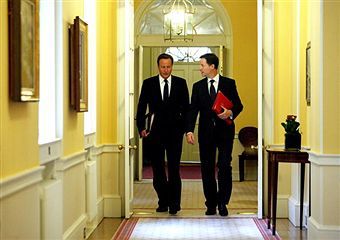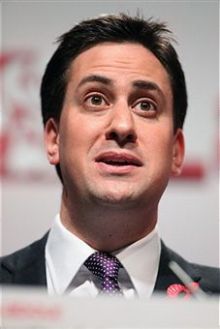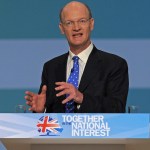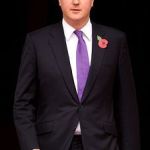The Gove reforms grow even more radical
Local authorities are already doing their utmost to block the coalition’s schools reforms, so just how will they respond to this story on the front of today’s FT? It reveals how Michael Gove is planning to sideline local authorities from the funding of all state schools – not just free schools and academies. The idea is that state schools will get cash directly from the state, without any need for the council middlemen that currently control the system. Here’s an FT graphic that captures the change: The money would be allocated to schools in proportion to the number of pupils they have, and headmasters would have much more freedom in



